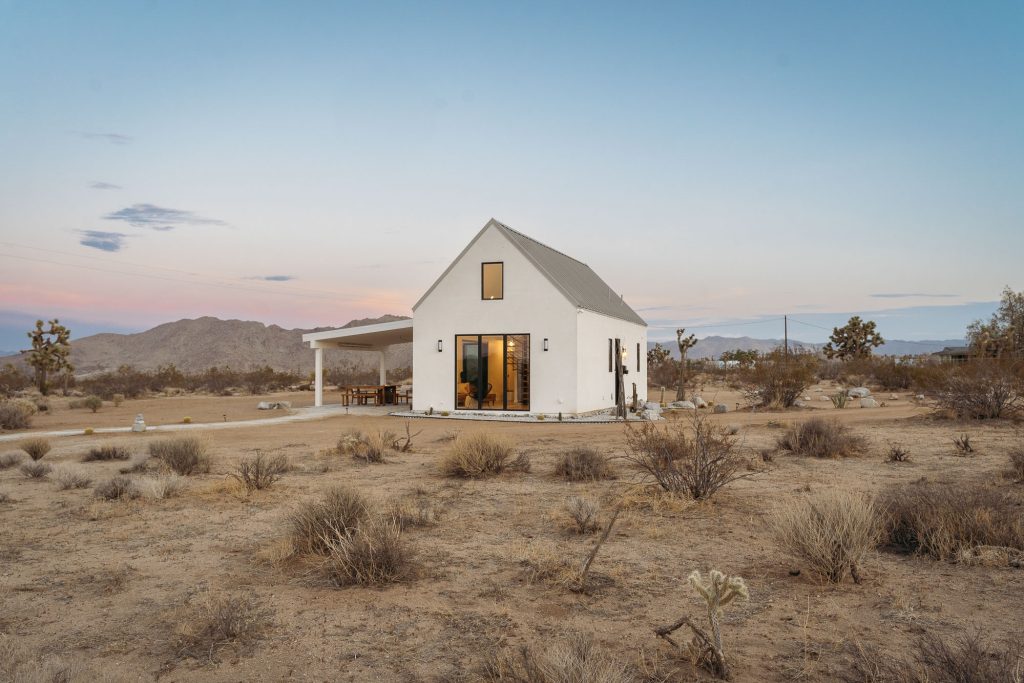Airbnb has become a popular choice for travelers seeking affordable accommodations. According to recent data, the global average daily rate for a one-bedroom Airbnb in March was $114, while the equivalent rate for a hotel room was $140.16. While these numbers make it clear that Airbnbs are generally cheaper than hotels, there are some factors to consider. The total cost to guests may not be accurately reflected in these figures, as they do not include cleaning fees for Airbnbs or resort fees for hotels. Additionally, the average rates are based on all types of rooms, so it may be more useful to compare within categories for a more accurate comparison.
Affordability has been a major concern for Airbnb in recent years, as many guests complained about rising prices and excessive cleaning fees. To address these issues, Airbnb has implemented measures to encourage hosts to lower their prices. Hosts have the freedom to set the prices for their listings, and Airbnb has introduced tools to help them determine competitive rates. Despite the concerns about affordability, data shows that the average rate for a one-bedroom Airbnb has decreased by 2% year-over-year, while hotel prices have increased by 1.6%. This trend suggests that the value of Airbnb compared to hotels has improved over time.
While affordability is trending in the right direction for Airbnb, reliability remains a challenge for the platform. Airbnb properties are unique, and the guest experience can vary depending on the host and listing. To address this issue, Airbnb has introduced measures such as superhosts and Guest Favorites to highlight reliable hosts and properties. In a recent interview, CEO Brian Chesky argued that Airbnb properties can be more reliable than mid-range hotels, citing the data from half a billion reviews on the platform. Chesky emphasized that quality and reliability are key areas of focus for Airbnb moving forward.
As the travel landscape continues to evolve, Airbnb is positioning itself as a cost-effective and reliable alternative to traditional hotels. Chesky noted in a recent earnings call that Airbnb offers a more local experience, is advantageous for groups, and is more affordable than hotels. The platform has made efforts to address affordability concerns by displaying total prices, encouraging hosts to lower cleaning fees, and offering discounts for longer stays. Moving forward, Airbnb plans to continue improving quality and reliability, with regular updates expected in these areas.
In conclusion, Airbnb has established itself as a viable option for budget-conscious travelers seeking unique accommodations and local experiences. While pricing discrepancies may exist between Airbnbs and hotels, the platform’s affordability and value proposition have improved over time. With a focus on quality and reliability, Airbnb aims to address the challenges associated with unique properties and hosts. As the travel industry continues to adapt to changing consumer preferences, Airbnb remains a key player in the accommodation sector, offering an alternative to traditional hotels for a wide range of travelers.















